8 examples of disciplinary violations
Updated: 2016-01-13 08:22
(China Daily)
|
||||||||
Editor's note: Last year, China intensified its clampdown on corruption and increased investigations aimed at violations of the eight-point austerity rules of the Communist Party of China. New phrases by the anti-corruption authorities have sprung up. Following are corruption charges brought by anti-graft bodies, examples of officials being held for investigation on the charges and comments by experts.
1 Failure to report personal matters, such as true income, assets, children and marriages
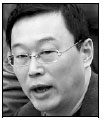
Sun Hongzhi, former deputy head of the State Administration of Industry and Commerce, was expelled from the Communist Party of China on multiple charges, including concealing matters he should have reported to the Party committee where he worked.
His other alleged violations include taking bribes, committing adultery and using public money for personal trips and receptions, and using his position to help others get promoted and interfering with business for profit. He was removed from his post in January last year and has been held for investigation by the top anti-graft authority since June.
Officials who are CPC members must report personal matters as required by Party disciplines. That was reiterated in the newly revised Party Disciplinary Ordinances. An efficient mechanism must be set up to check whether officials have reported as required.
Zhuang Deshui, deputy director of the Research Centre for Government Integrity at Peking University
2 Personal use of public vehicles

Yue Shuli, head of the housing administration bureau in Wuqing district in Tianjin has been given a "stern warning" for using a public vehicle for personal reasons and registering the vehicle under a company name. According to the local anti-graft authority, Yue was involved in a traffic accident in that vehicle.
In the first 10 months last year, anti-graft authorities at all levels announced 7,153 cases of officials using public vehicles for personal reasons. The number accounts for more than a quarter of all the violations during the period. It is the most frequent misbehavior that runs counter to the Party's eight-point austerity rules.
Some public officials still hold that it is their prerogative to use public vehicles at will, and they believe appearing in a public vehicle in some places is a symbol of superior status. The investigation of the misuse of public vehicles should be more thorough and complete.
Zhuang Deshui, deputy director of the Research Centre for Government Integrity at Peking University
3 Violating the spirit of central government policies
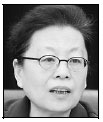
This month, Lyu Xiwen, Beijing's former deputy Party chief and the first high-ranking official to be probed, was expelled from the Party and removed from her post for serious violations of discipline.
The Central Commission for Discipline Inspection said she seriously violated political discipline and undercut the central authority's guiding principles and major policies.
She was suspected of illegally selecting and appointing Party officials and interfering in personal arrangements. She was also accused of intervening in market and law enforcement activities.
Such behavior will not only disturb people's thoughts but undermine the unity of the Party and hinder the implementation of its major policies. Officials will face punishment according to Party rules. If the circumstances are not serious, the violator may receive a reprimand and education or may be suspended from duty.
Hong Daode, law professor at China University of Political Science and Law
4 Frequent visits to private clubs or expensive resorts
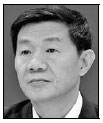
He Jiacheng, former vice-president of the Chinese Academy of Governance, has been placed under investigation on charges that include frequent visits to private clubs.
Between 2009 and 2014, He served as vice-president of the academy, a training center for middle and senior government officials in the Chinese government, and enjoyed benefits equivalent to those of a minister. He was also accused of using his position to benefit others and to receive large bribes, the prosecutor's office said. The case is still being investigated.
Some Party members and officials live luxury lifestyles that are prohibited even if paid for with legitimate income. Discipline comes because extravagant behavior reflects poorly on the Party and creates negative public perceptions.
Zhang Jun, deputy head of the Central Commission for Discipline Inspection, China's top anti-graft authority
5 Forming factions within the CPC
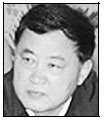
Zhao Shaolin, former vice-president of the China Aging Development Foundation and a former secretary-general of the Jiangsu provincial Party Committee, has been expelled from the Party on corruption charges and for forming cliques within the Party.
The top anti-graft authority also accused Zhao of indulging his son in opening private clubs, aiding in the business interests of his son, attending banquets to give cash gifts and bribes with his son at the clubs.
Cracking down on forming factions was put forward at a meeting of the Political Bureau of the Central Committee of the CPC in late 2014. Some "tigers" - senior corrupt officials were found to have formed die-hard corrupt relationships. Such factions are likely to bring in severe corruption in a whole area or industry.
Wang Yukai, professor of public administration at the Chinese Academy of Governance
6 Failure to instill proper values in family members
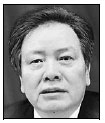
Zhou Benshun, former Party chief in Hebei province, was expelled from the Party and dismissed from public office for offenses including graft, and for laxity in disciplining his adult children.
Zhou's wife, Duan Yanqiu, and his son, Zhou Jing, were also held for investigation. The junior Zhou was a business partner of Zhao Jin, son of retired Jiangsu official Zhao Shaolin and made a name for himself in real estate businesses across the country.
The corruption found in an officials' entire family has weakened the Party's governance, jeopardized social justice and resulted in a big loss of State assets. One of the major reasons for family corruption lies in officials' ignorance of laws and regulations and failure to act in line with Party discipline.
Wang Jie, philosophy professor at the Party School of the CPC Central Committee
7 Illicit sexual relationships
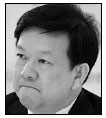
Liao Yongyuan, former general manager of China National Petroleum Corporation was placed under investigation by the Supreme People's Procuratorate for alleged bribery in June.
According to the Central Commission for Discipline Inspection, he seriously violated socialist morality by having illicit sexual relations and living an extravagant life. In addition, he violated Party discipline by using his position to benefit others through the appointment of officers and other matters related to business. He also accepted huge bribes, the CCDI said. Liao was expelled from the Party in June.
Although adultery is not considered a criminal matter in China, it will seriously offend social morality and break Party discipline. If the officials live an extravagant and licentious life, they will be involved with corruption for sure - sooner or later. It's impossible for them to concentrate on their work and perform their duties to serve the public.
Li Wei, lawyer from Beijing Lawyers Association
8 Superstitious activities
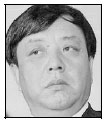
Bai Xueshan, former vice-chairman of the Ningxia Hui autonomous region, was expelled from the Party and removed from his post for serious violation of discipline in November.
According to the Central Commission for Discipline Inspection, he seriously violated political discipline by going against Party prohibitions and conducting superstitious activities over a long period. In general, superstitious activity has referred to spending public money on things related to religion, or to harboring religious beliefs.
In addition, he allegedly abused power to gain benefits for family members and others on business operations - selecting officers and accepting bribes from them.
Party members must establish a correct outlook on life and values, seeking truth from facts rather than being addicted to feudal and superstitious activities.
Sun Xiaoyang, lawyer from Beijing New Sun Law Firm who specializes in handing corruption cases
(China Daily 01/13/2016 page5)

 Execs introduce new models at Detroit Auto Show
Execs introduce new models at Detroit Auto Show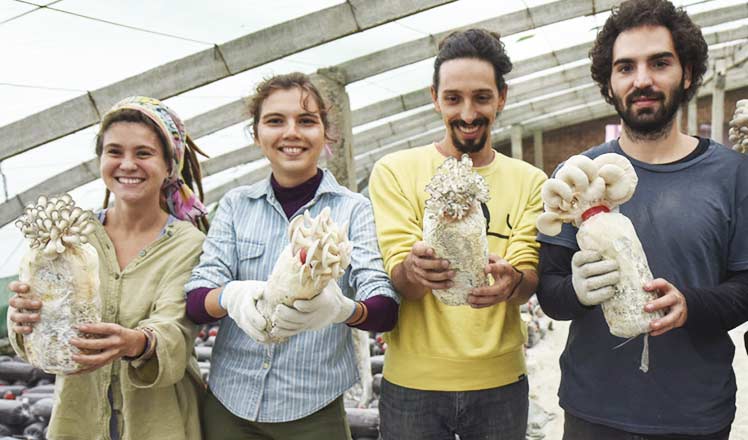
 Foreigners learn mushroom cultivation skills in Xi'an
Foreigners learn mushroom cultivation skills in Xi'an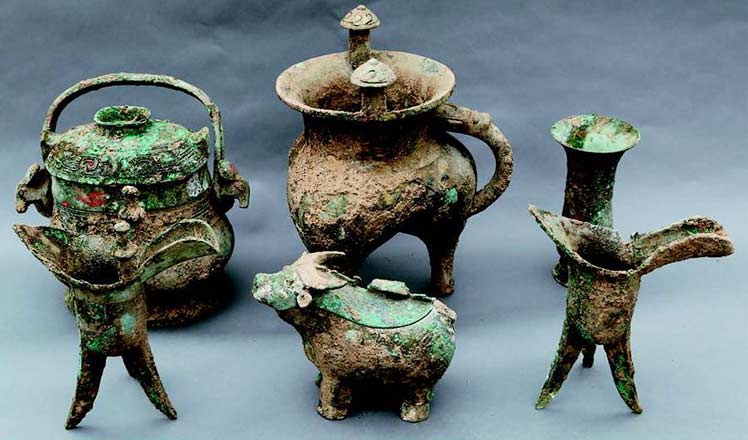
 Academy releases top 6 archaeological finds of 2015
Academy releases top 6 archaeological finds of 2015
 Yandunjiao in Shandong is an ideal habitat for whooper swans
Yandunjiao in Shandong is an ideal habitat for whooper swans
 World's second highest bridge in Southwest China put into operation
World's second highest bridge in Southwest China put into operation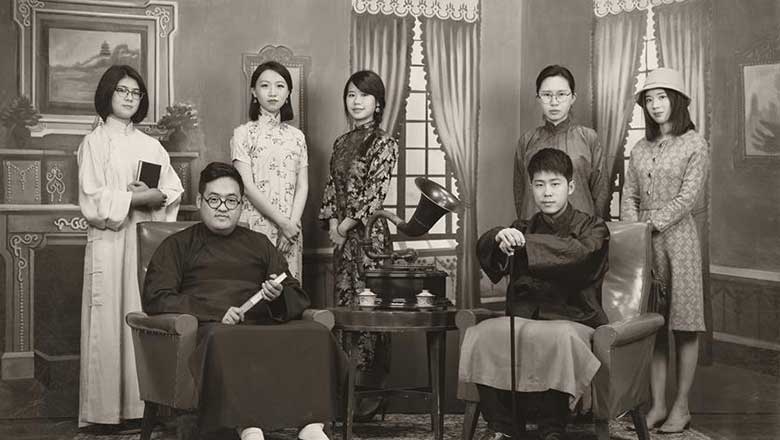
 Photo studio takes people back in time
Photo studio takes people back in time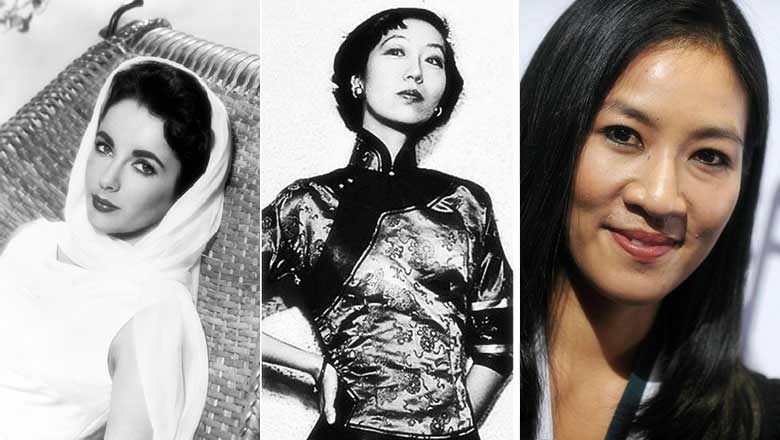
 Celebrities born in the Year of Monkey
Celebrities born in the Year of Monkey
 Remembering legendary British artist David Bowie
Remembering legendary British artist David Bowie
Most Viewed
Editor's Picks

|

|

|

|

|

|
Today's Top News
Obama to deliver final State of the Union speech
Shooting rampage at US social services agency leaves 14 dead
Chinese bargain hunters are changing the retail game
Chinese president arrives in Turkey for G20 summit
Islamic State claims responsibility for Paris attacks
Obama, Netanyahu at White House seek to mend US-Israel ties
China, not Canada, is top US trade partner
Tu first Chinese to win Nobel Prize in Medicine
US Weekly

|

|








